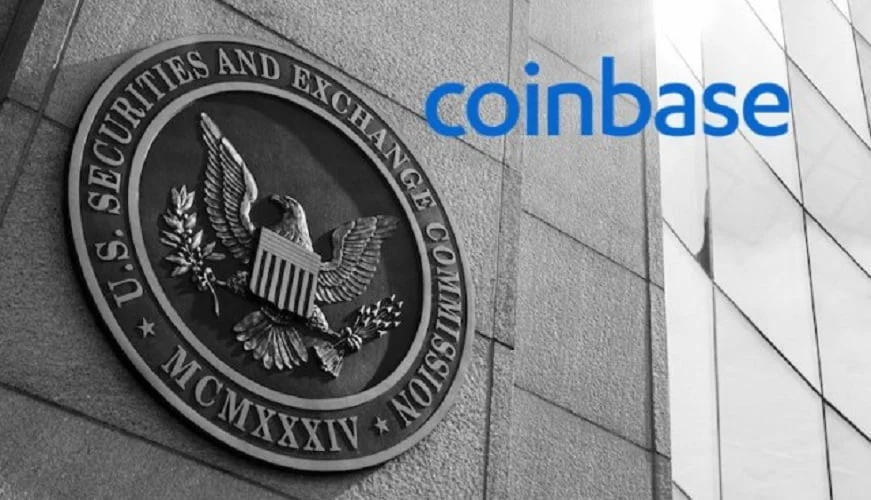Coinbase has submitted a letter to the SEC, arguing that Ethereum is not a security but a commodity. The crypto exchange cited Ethereum’s consensus mechanism, governance, and market treatment as evidence. The letter is part of Coinbase’s ongoing dispute with the SEC over crypto regulation.

The exchange has responded to the matter in question. On Wednesday, Coinbase’s chief legal office, Paul Grewal, posted on Twitter, revealing that the exchange had responded to the SEC. The request for comment was regarding Ethereum’s status as a commodity or a security.
The letter is a response to the SEC’s request for public input on the potential impact of the upcoming Ethereum network upgrade, known as the merger, which will transition Ethereum from a proof-of-work to a proof-of-stake consensus mechanism. The SEC asked for comments on various aspects of Ethereum, such as its governance, economics, security, and market behavior.
Coinbase Argues Ethereum’s Robust Characteristics
The exchange added that Ether’s consensus mechanism has strong governance, translating to “robust characteristics” across several areas. These are:
- Ownership concentration: Ethereum has a diverse and decentralized set of stakeholders, including developers, miners, validators, users, and investors, who have different incentives and interests.
- Consensus: Ethereum’s consensus mechanism ensures that the network is secure, reliable, and resistant to attacks or manipulation. The Merge will further enhance Ethereum’s consensus by reducing its energy consumption and increasing its scalability.
- Liquidity: Ethereum has a high level of liquidity, as it is traded on various platforms and markets, both centralized and decentralized. Ethereum also supports a vibrant ecosystem of decentralized applications, tokens, and stablecoins, which increase its utility and demand.
- Governance: Ethereum’s governance is transparent, participatory, and adaptive, as it involves various stakeholders and mechanisms, such as Ethereum Improvement Proposals, core developers’ calls, community forums, and social media. Ethereum’s governance allows for innovation and improvement, as seen in the numerous network upgrades and forks.
Mitigating risks of fraud and manipulation: Ethereum mitigates the risks of fraud and manipulation by using cryptographic techniques, such as digital signatures, hashes, and public-key encryption, to ensure the integrity and authenticity of transactions and data. Ethereum also employs economic incentives, such as fees and rewards, to align the behavior of network participants and deter malicious actors.
The chief legal officer added that Ethereum should be considered the same as bitcoin regarding the criteria involved for exchange-traded products, such as exchange-traded funds (ETFs) or exchange-traded notes (ETNs). Both cryptocurrencies are widely used, traded, and accepted and have similar features and functions.
Coinbase Continues to Fight for Clear Crypto Regulation
Grewal added that Coinbase is committed to the growth and development of the industry via informed regulatory decisions. The exchange has been at loggerheads with the SEC for some time, with the two parties having opposite beliefs.
The SEC believes the rules and regulations are clear and applicable to the crypto industry. In contrast, Coinbase and many others in the industry have persistently asked for crypto-specific guidelines and continue to fight for clear rulings.
The dispute between Coinbase and the SEC escalated last year when the SEC threatened to sue Coinbase over its proposed lending product, Coinbase Lend, which would allow users to earn interest on their crypto holdings. The SEC claimed that the product would involve securities, while Coinbase argued that it would not.
The exchange has also been vocal about the SEC’s lack of clarity and communication, as well as its enforcement actions against other crypto companies, such as Ripple and Uniswap. Coinbase has called for a fair and transparent regulatory framework that would foster innovation and protect consumers in the crypto space.
